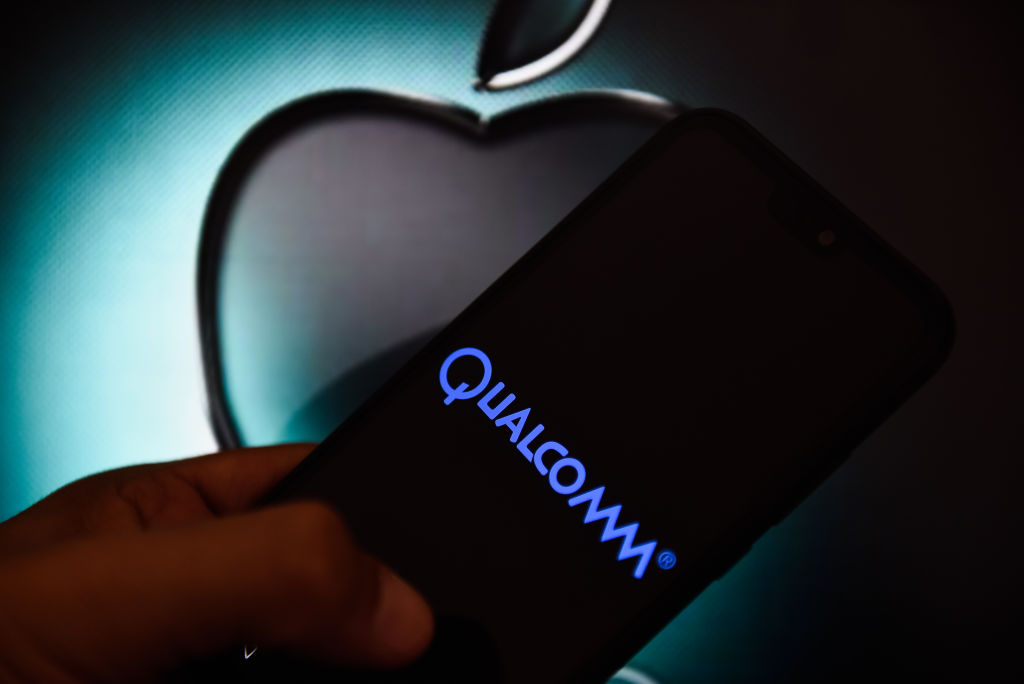Apple and Qualcomm Call Off Their Grudge Match
Orville Redenbaucher would be crushed. Just when it seemed like the dispute between Apple and Qualcomm would have us popping corn for years to come, the companies today announced that they've decided to dismiss all litigation against each other, thanks to a new settlement agreement.
The back-and-forth between Apple and Qualcomm started in January 2017. (Or at least that's when the companies' disagreements became public.) Things started with Apple filing a $1 billion lawsuit in the U.S. followed by a 1 billion yuan lawsuit in China. It only escalated from there--Apple was accused of telling its suppliers to withhold royalty payments from Qualcomm, which attempted to bar iPhone imports around the world, and so on.
Most recently the companies traded blows via the U.S. International Trade Commission. On March 27, ITC Judge MaryJoan McNamara decided to recommend a ban on the import of certain iPhone models because she believed Apple had violated a Qualcomm patent. That same day, the ITC invalidated a Qualcomm patent covering a battery-saving feature. Neither company had scored a definitive victory over the other.
The companies might have spent years fighting each other in courts around the world. Apparently they decided they'd rather reach a settlement instead. Details about the settlement are scarce: the companies only said that Apple had agreed to pay Qualcomm as part of the agreement. They also reached a six-year license agreement, with an option to extend for two years, as well as a "multiyear chipset supply agreement."
That chipset supply agreement could be the primary motivator behind this ceasefire. Fast Company recently reported that Apple was worried Intel couldn't supply enough modems for the first 5G-capable iPhone. Apple was said to be thinking about developing its own modem--just like it's reportedly working on its own processors--but the company might not be convinced it can do so in the time frame needed to ensure smooth iPhone debuts.
Apple needs a bunch of modems for upcoming iPhone models, and Qualcomm needs to sell a bunch of modems to keep its shareholders happy. We suspect that it was easier for the companies to reach this agreement than it would have been for them to explain to investors why they were investing in a global legal battle instead of continuing to collaborate so they could maintain their positions in the smartphone market.
That's a bit of a bummer for those of us who enjoyed the prospect of two multi-billion (sometimes trillion-) dollar companies duking it out for the next few years. But finding common ground makes sense from a business perspective, and that's what really matters, especially to those invested in these companies. Poor ol' Orville's just going to have to put some of those kernels back--we aren't going to need as much popcorn as we'd thought.
Get Tom's Hardware's best news and in-depth reviews, straight to your inbox.

Nathaniel Mott is a freelance news and features writer for Tom's Hardware US, covering breaking news, security, and the silliest aspects of the tech industry.
